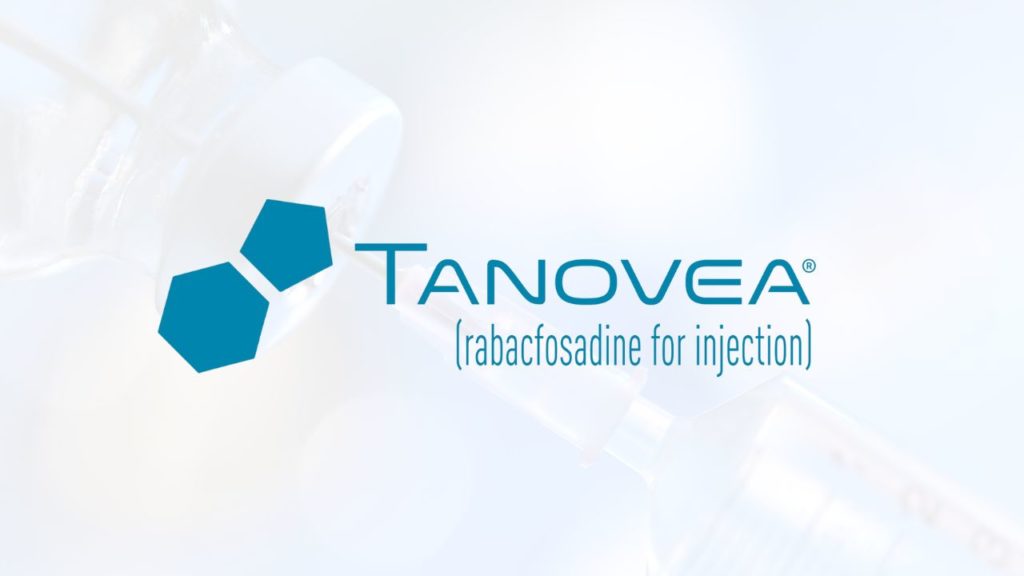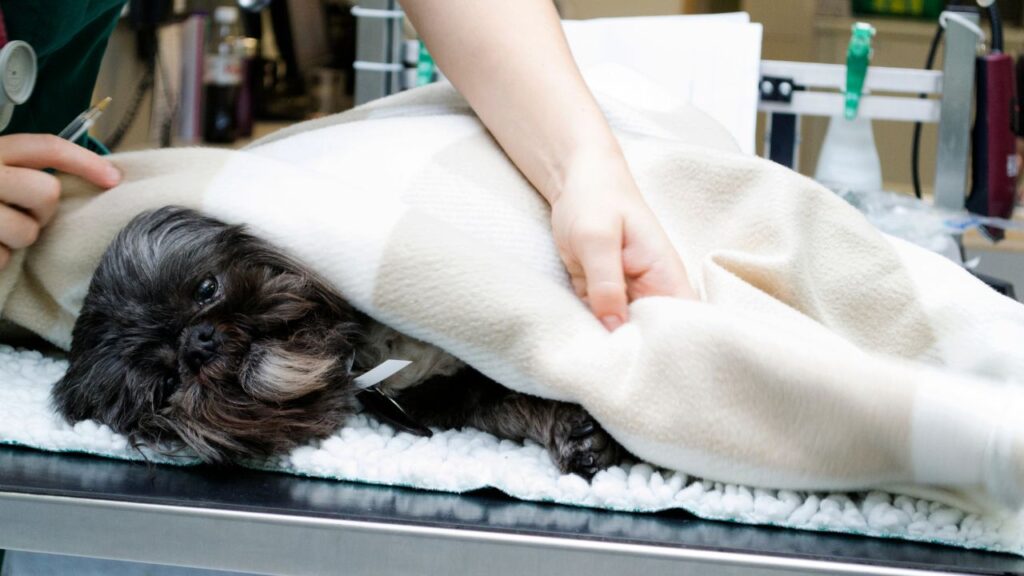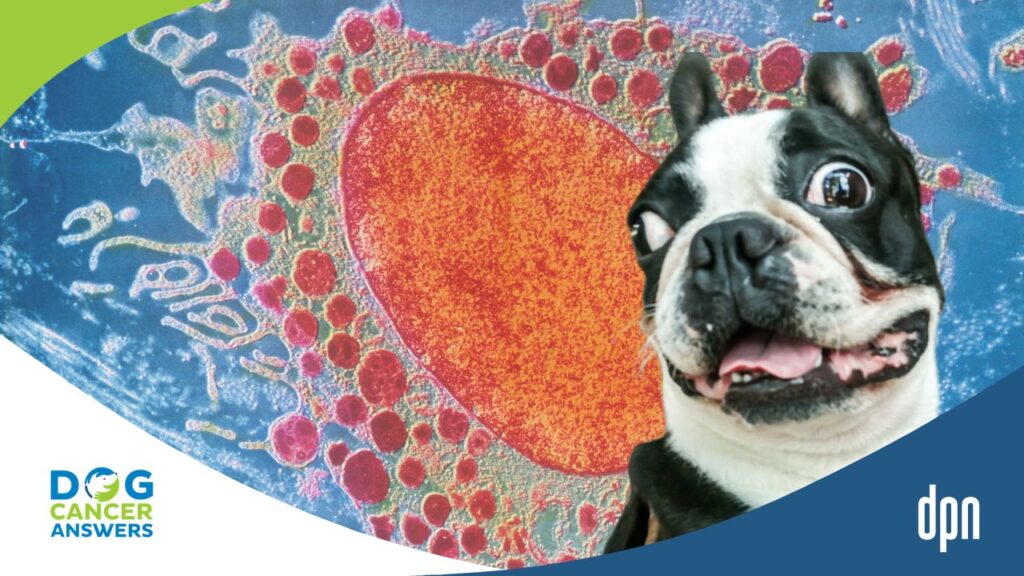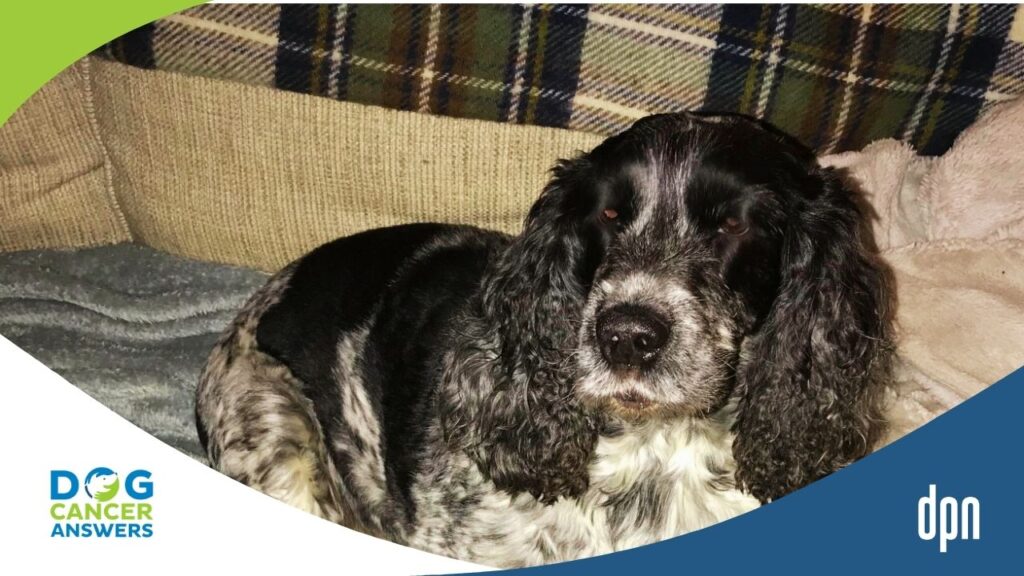Announcer:
Welcome to Dog Cancer Answers where we help you help your dog with cancer. Here’s your host, James Jacobson.
James Jacobson:
Hello, friend–welcome to Dog Cancer Answers: Today we look at a pretty rare cancer in dogs, Chronic Lymphocytic Leukemia—or CLL for short. CLL can be an unusual cancer because it may be diagnosed in an otherwise healthy-seeming dog and it can take a long time for the dog to start going downhill. The question we tackle today is when to start the big gun treatments like chemotherapy drugs. And what you can do before you need those.
This episode is one of our Q and A shows –where we take a question from one of our listeners and pose it to one of our dog cancer veterinary experts.
So what you are going to hear in this episode may not apply to you and your dog. However, if you do have a dog with CLL, I want to make sure you check out the show notes for this episode which contains a lot more information on the topic. (We try to make the show notes for every episode really helpful, but we did something a little different for today’s topic.)
We reached out to another veterinarian: Dr. Nancy Reese, one of our full spectrum vets –who you will hear from on a very timely episode we are recording this week about COVID-19 and your dog. We asked Dr. Nancy more about CLL and cancers of the lymphocytes. You will find all of that background information in the show notes.
For today’s show, our guest is Dr. Demian Dressler, coauthor of The Dog Cancer Survival Guide.
Today, Dr. Dressler takes a question from Delisa in Alabama.
Delisa Christy:
Good afternoon. Hi, thank you so much for taking my questions, just everybody that’s involved with this project, I’m just so grateful. [I] came across the information from your Cancer Guide and I’ve been nonstop studying. I’ve ordered the PDF and also, I’ve ordered the book. And we got the diet going.
My name is Delisa Christy, and I’m from Alabama, and I have a Pomeranian Sheltie mix. He’s five years old. His name is Zakk, Z-A-K-K, and he was just diagnosed seven days ago, as a matter of fact, by blood work. We went in to have his blood work for his annual checkup, no illness appeared. The blood work showed elevated white blood cells around fifty, with, also his lymphocytes around 45.
[It] was sent to a pathologist and the diagnosis is Chronic Lymphatic Leukemia. So my question is, I’ve ordered the Apocaps and also the K9 Immunity. I am also in the Facebook group. I do not usually see anything on anything with the blood disease. I see mostly on tumors. I just want to make sure I’m on the right path with the Apocaps, and make sure that that is also for leukemia. Thank you so much, and God bless you.
James Jacobson:
So what would you suggest to Delisa?
Demian Dressler:
Good question, Delisa. So, chronic lymphocytic leukemia is one of these that is often diagnosed in the exact same way that you just described: a perfectly healthy animal.
It’s a very, very slow, insidious disease and it takes a really long time for dogs to get sick from it, in general. And then the question becomes, well, when do you actually treat it using pharmaceuticals? And that’s usually lymphocyte counts right around 60,000, so you’ve still got some time.
You don’t really have to use chemotherapy drugs right now at this time, but I definitely would start to focus on everything that you can do to change what’s going on.
So that’d be dietary changes, and we talk about this in the book, which you’ll read: carbohydrate restriction, the addition of anti-cancer supplements, and vegetables.
To answer your question directly about Apocaps, I definitely do use Apocaps in my practice when I am helping to support normal apoptosis levels in dogs that do have Chronic Lymphocytic Leukemia, among other things, too.
But, what I would also try to remember is that you’ve got to go back in and get those white blood cell counts monitored, because it is progressive, but it’s really, really slow, and you may not need to do, necessarily, a lot of these big gun pharmaceuticals to help with the disease unless the white [blood] count gets above a certain point, and that can take a long time.
There’s also another test that you might consider called the PARR P-A-R-R test, and it’s a blood test, and that allows you to differentiate the leukemia cells into three different subtypes. Do you have T-cell, do you have B-cell, or do you have combined B-T cell — and that’s for Chronic Lymphocytic Leukemia.
And the reason why is because the T-cell ones are the least aggressive of the three, and then the other ones are more aggressive. And if you know that you’ve got a lesser, or more aggressive, cancer, that can help inform and guide your future treatment decisions, because it gives you a sense of urgency. So anyway, I hope that helps for the time being.
James Jacobson:
Thank you so much, Delisa, for your call.
Listeners, if you want to learn more about Chronic Lymphocytic Leukemia go to DogCancerAnswers.com/CLL for the show notes and links that can help you.
Do you have a question like Delisa did? One of our veterinarians can answer it on a future episode of Dog Cancer Answers– please call our listener line at 808-868-3200 or visit our website at DogCancerAnswers.com.
On our website at DogCancerAnswers.com, you can also listen to or download our back catalog. It’s the best way to help give you the information you need to help optimize your dog’s life quality and longevity.
We would like to thank our sponsor: The Dog Cancer Survival Guide book by Demian Dressler and Susan Ettinger. The book is available wherever fine books are sold both online and in physical bookstores. If you would like to help support this podcast, get it right away direct from the publisher, Maui Media. You can get the paperback with free shipping anywhere in the USA or the ebook edition for just $9.95. To get either the ebook or the paperback go to this website: DogCancerBook.com. And because you’re a listener to this show, if you use the promo code “podcast”, you can save 10%. The website again: DogCancerBook.com. Use the promo code “podcast” for 10% off. That is www.DogCancerBook.com.
I would like to thank Dr. Demian Dressler for being our guest today.
If you would like to reach him directly, his website is : https://vetinkihei.com
Until next time, I am James Jacobson. From all of us here at Dog Cancer Answers, I wish you and your dog a warm Aloha.
Announcer:
Thank you for listening to Dog Cancer Answers. If you’d like to connect, please visit our website at DogCancerAnswers.com or call our listener line at 808-868-3200.
And here’s a friendly reminder that you probably already know: this podcast is provided for informational and educational purposes only. It’s not meant to take the place of the advice you receive from your dog’s veterinarian. Only veterinarians who examine your dog can give you veterinary advice or diagnose your dog’s medical condition. Your reliance on the information you hear on this podcast is solely at your own risk. If your dog has a specific health problem, contact your veterinarian. Also please keep in mind that veterinary information can change rapidly, therefore some information may be out of date.
Dog Cancer Answers is a presentation of Maui Media in association with Dog Podcast Network.








